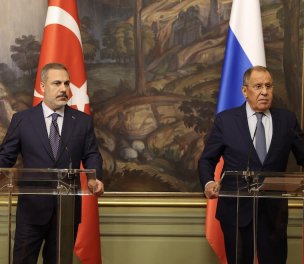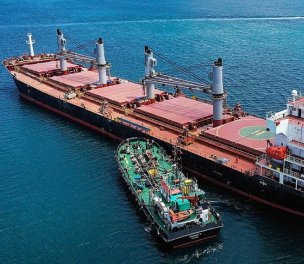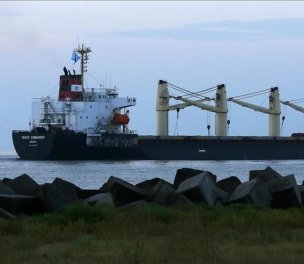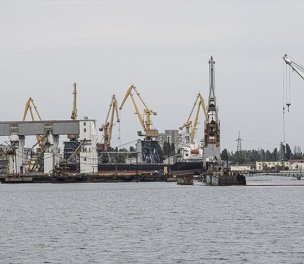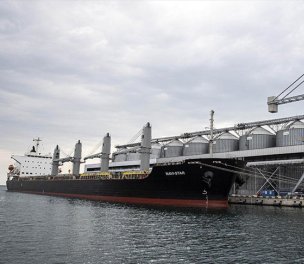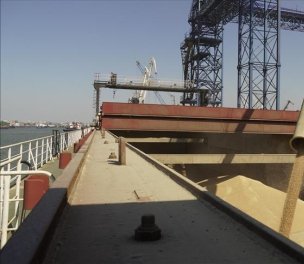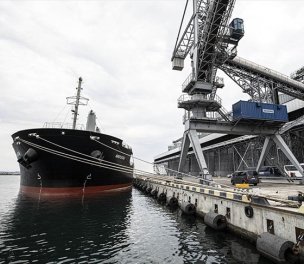Click to read the article in Turkish
Russia's objection to the extension of the grain deal has been officially conveyed to Turkey, Ukraine, and the UN Secretariat, rendering the Black Sea agreements no longer valid, according to a statement from the Kremlin. Spokesman Dmitry Peskov.
However, Russia remains open to resurrecting the grain initiative once its conditions are met, Kremlin Spokesperson Dmitry Peskov said, as quoted by TASS.
UN representatives in İstanbul have received a notice from Russia regarding the suspension of their participation in the grain deal, TASS further reported, citing a local UN employee in İstanbul.
Regarding Russia's announcement, President Recep Tayyip Erdoğan expressed his belief in Russian President Putin's desire for the continuity of what he called a "humanitarian bridge" created by the agreement.
During a press conference at İstanbul's Atatürk Airport ahead of is upcomign visit to Gulf countries, Erdoğan also revealed that Foreign Minister Hakan Fidan will meet with his Russian counterpart, hinting at the possibility of taking further steps through a phone call to Putin before August.
Meanwhile, responding to a question Turkey's relations with Syria, the president emphasized that "we are open to having discussions with Bashar al-Assad; we can have talks."
The grain deal
The grain deal, which aimed to facilitate food exports from Ukraine, was initially concluded in July 2022 and has been extended three times since then.
However, Russia reduced the effective term of the agreement, citing "unfulfilled requirements," including the lifting of sanctions on the Russian Agricultural Bank and fertilizer producers.
In order to prevent arms smuggling as pat of the deal, Russia, Turkey, Ukraine, and the UN established the Joint Coordination Center in İstanbul, responsible for inspecting grain-carrying vessels.
Throughout the duration of the agreement, Ukraine successfully exported over 32.8 million tons of grain, with 10.93 million tons sent to Asia and 12.37 million tons to Western Europe. Notably, the largest importers during this period included China, Spain, Turkey, Italy, and the Netherlands. (NT/VK)





